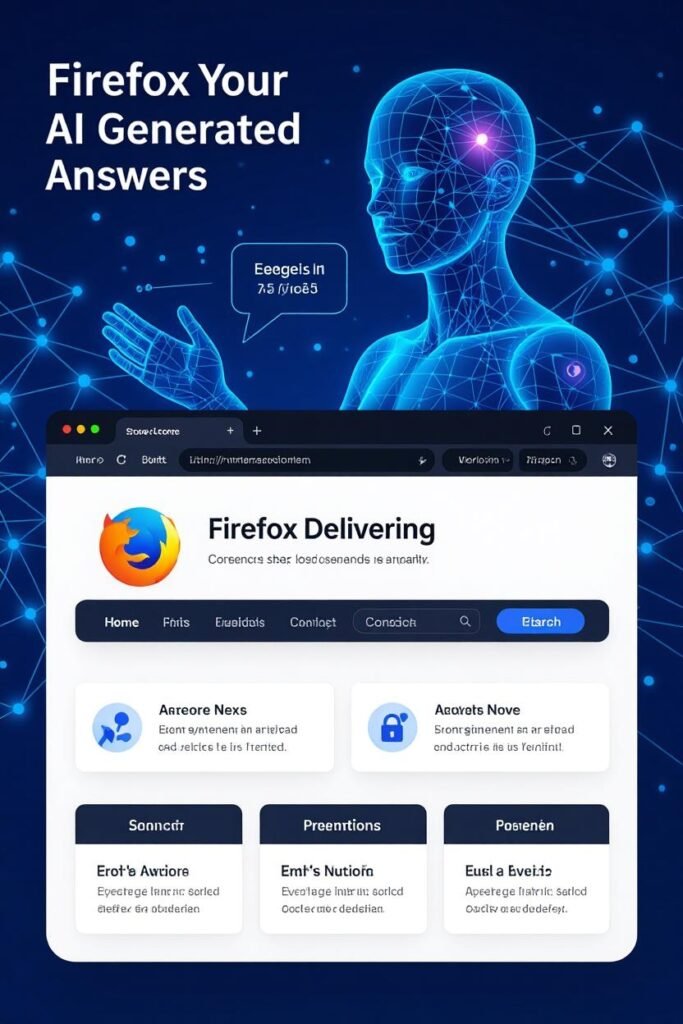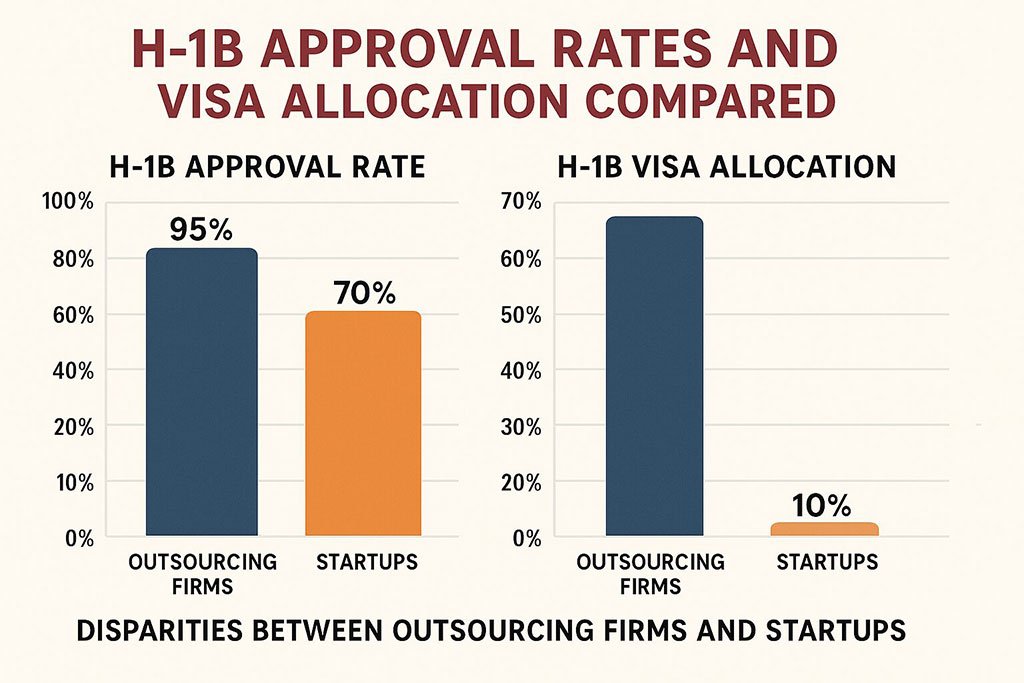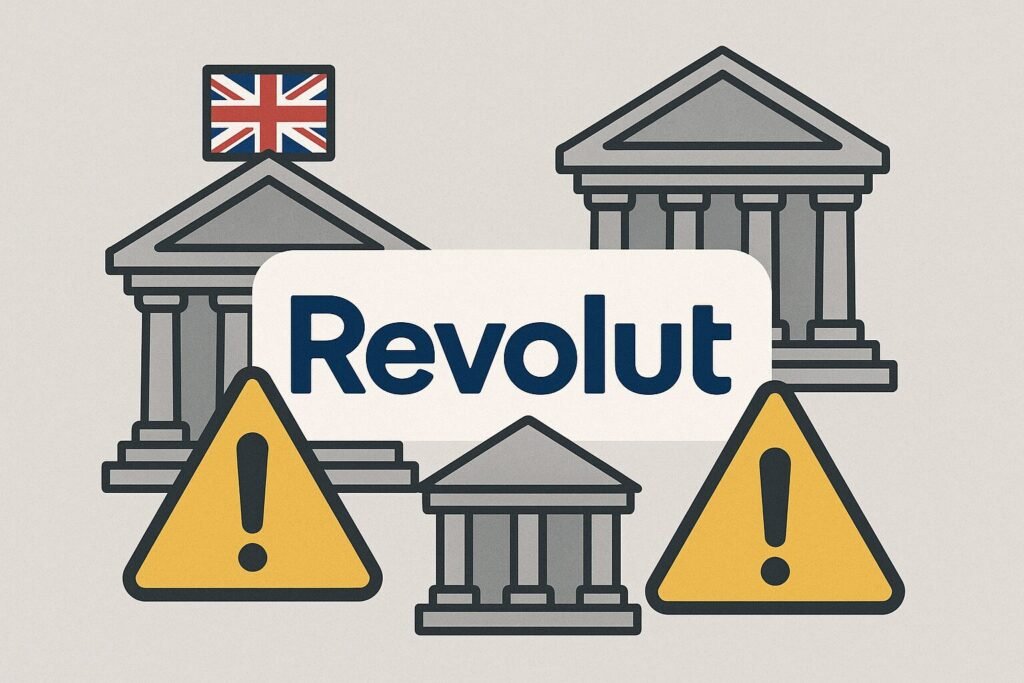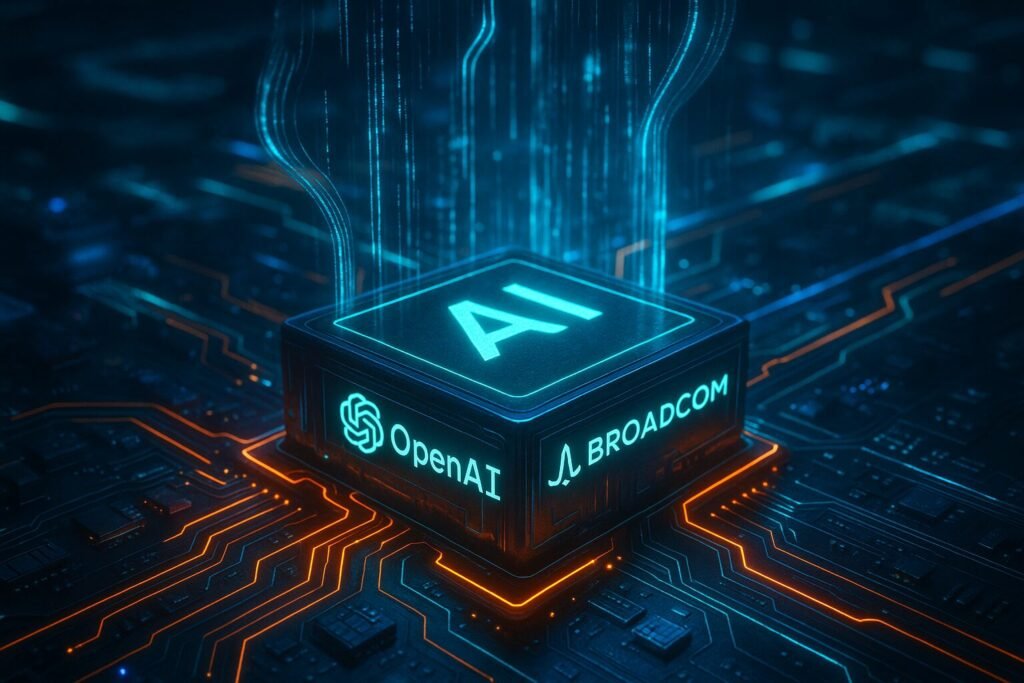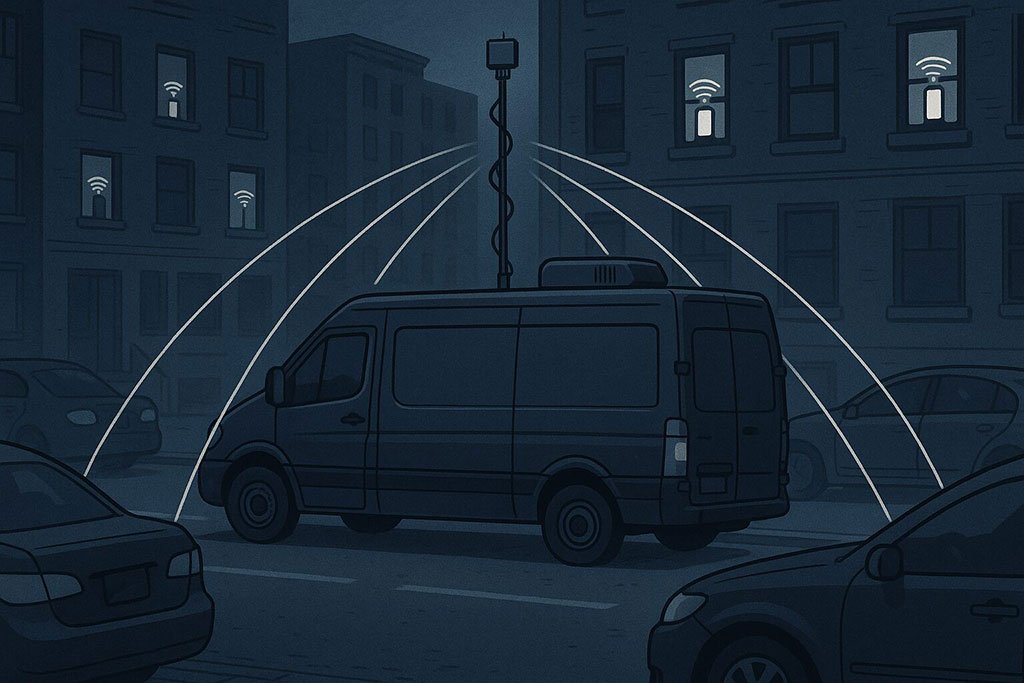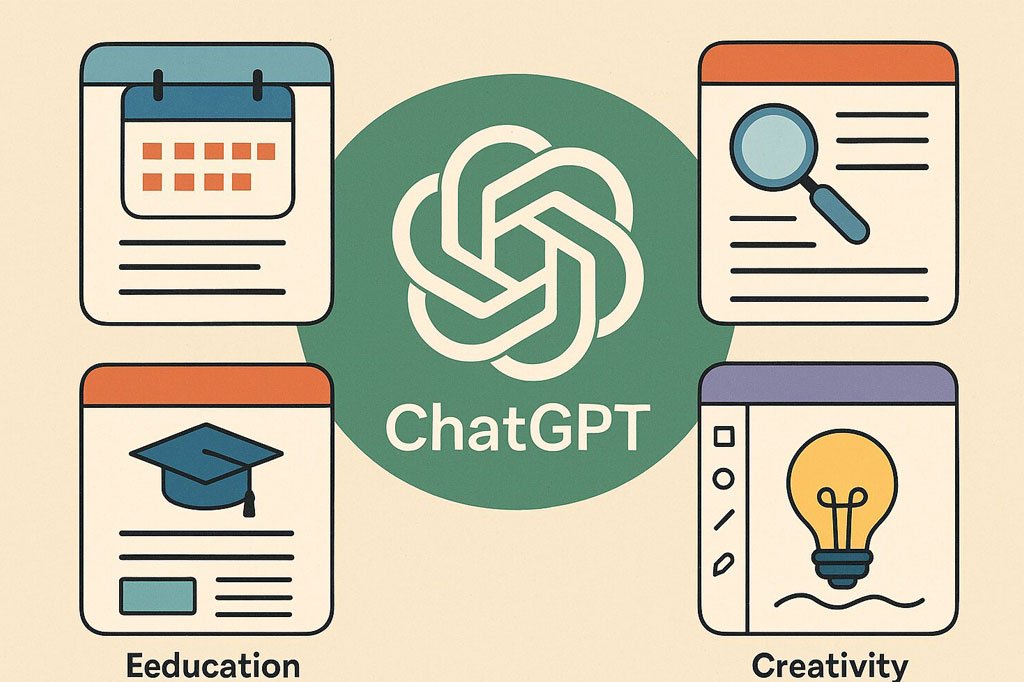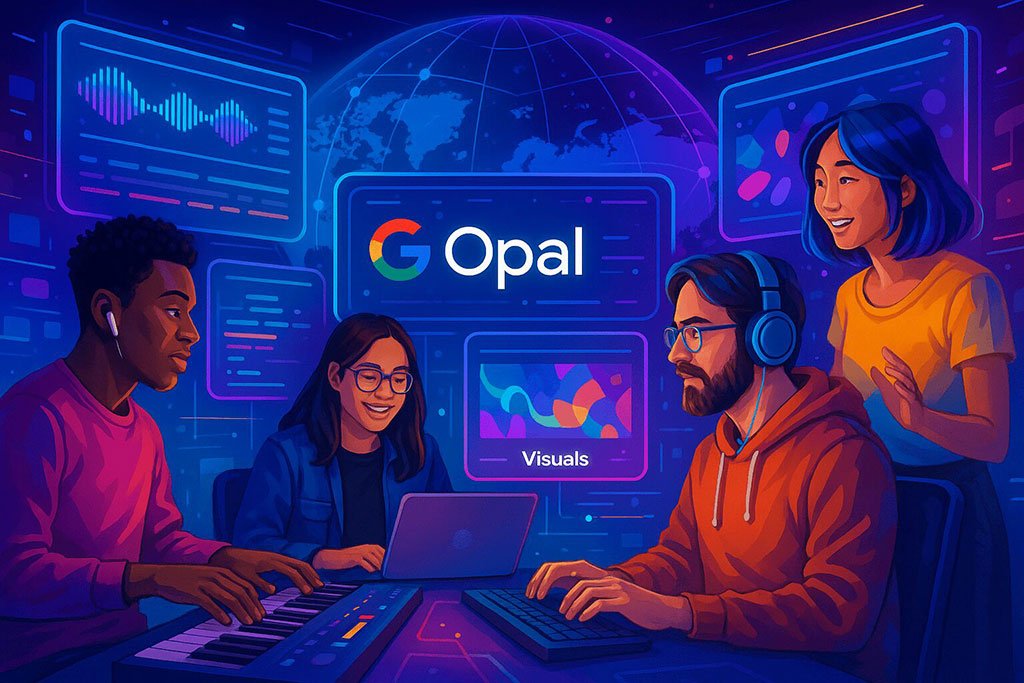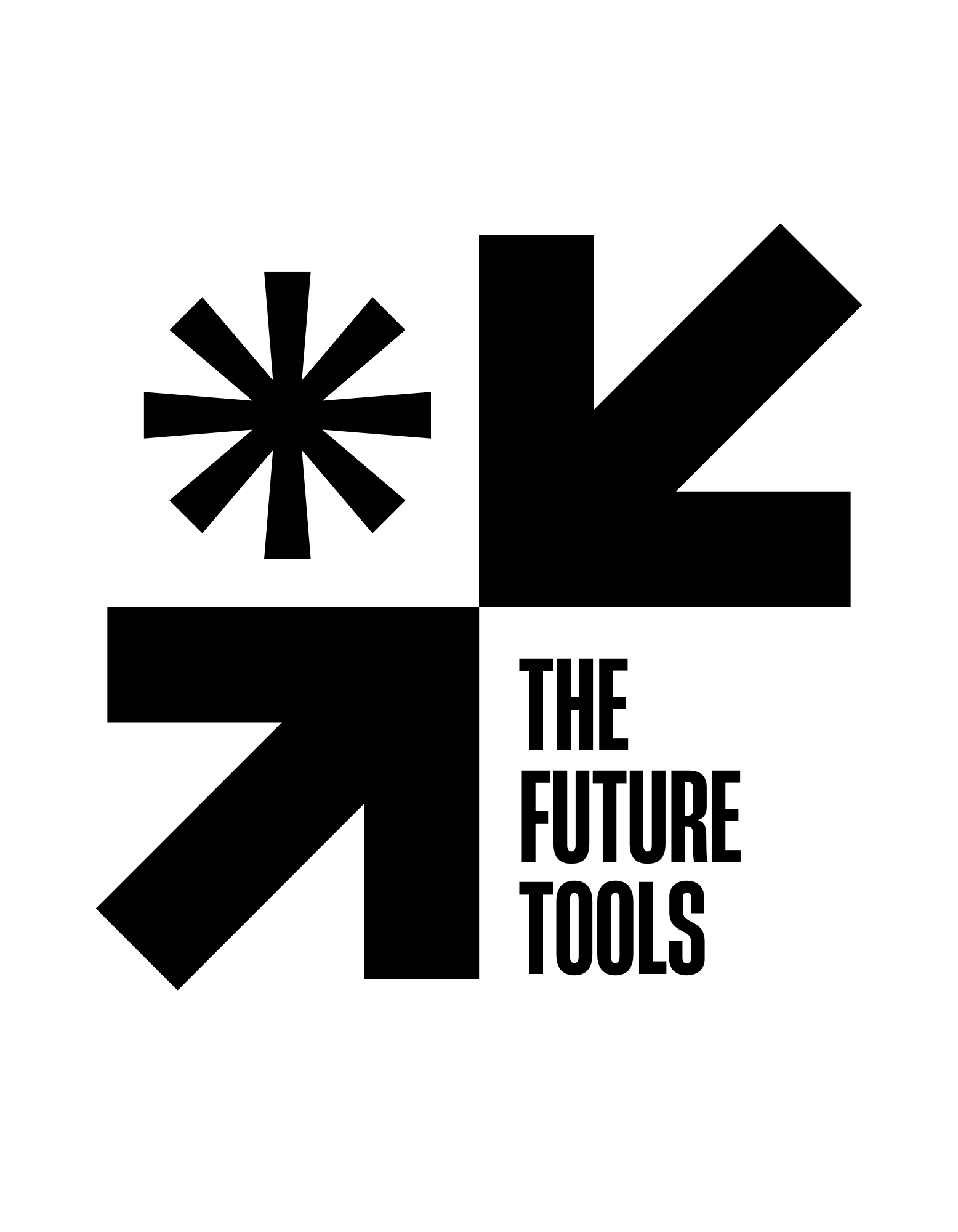Now Reading: OpenAI Launches AgentKit to Accelerate AI Agent Development
-
01
OpenAI Launches AgentKit to Accelerate AI Agent Development
OpenAI Launches AgentKit to Accelerate AI Agent Development
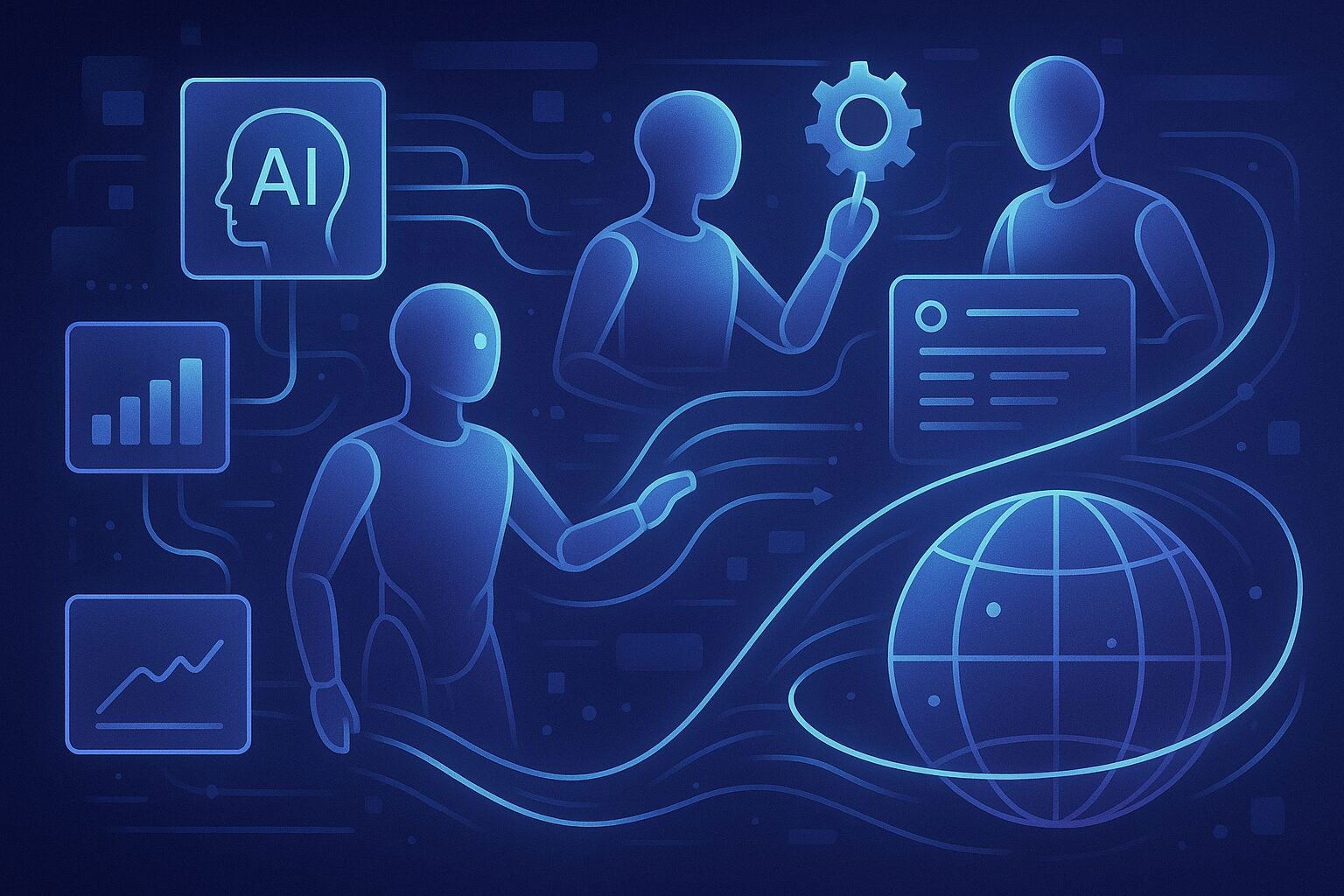
OpenAI has unveiled AgentKit, a powerful new toolkit designed to help developers build, test, and deploy AI agents faster and more efficiently. AI agents—autonomous systems capable of performing tasks, making decisions, and interacting with users—are becoming essential in industries ranging from customer support to software automation. With AgentKit, OpenAI aims to democratize AI agent creation, providing developers with the infrastructure, best practices, and ready-made components necessary to accelerate innovation.
In this article, we explore the capabilities, applications, and implications of AgentKit, detailing how it will impact developers, enterprises, and the broader AI ecosystem. From practical use cases to global trends, readers will gain a comprehensive understanding of why this launch is significant.
What is AgentKit?
AgentKit is a developer-focused platform and toolkit that simplifies the creation and deployment of AI agents. Unlike traditional AI development, which often requires extensive programming, data integration, and model training, AgentKit provides pre-configured modules, APIs, and integration frameworks. Developers can now focus on designing agent behavior and workflows, rather than infrastructure, dramatically reducing development time.
AgentKit represents a shift in AI development philosophy—moving from raw model experimentation to modular, scalable agent creation, making AI more accessible and actionable for developers worldwide.
Key Features of AgentKit
Modular Agent Design
AgentKit allows developers to create modular AI agents, each with specific functions such as customer support, data analysis, content generation, or task automation. This modularity ensures agents can be customized, updated, and scaled independently, fostering efficiency and flexibility in development.
Pre-Built Integrations
With pre-built connectors and API integrations, AgentKit agents can seamlessly interact with existing applications, databases, and third-party services. For instance, an AI agent can retrieve data from CRMs, perform automated analysis, and generate reports without manual intervention.
Testing and Simulation Tools
AgentKit includes testing frameworks and simulation environments, allowing developers to observe agent behavior under various scenarios before deployment. This reduces errors, biases, and operational risks, ensuring reliable and consistent agent performance in real-world applications.
Deployment and Monitoring
Agents built with AgentKit can be deployed across web, mobile, or enterprise platforms, with built-in monitoring tools that track performance, identify issues, and facilitate iterative improvements. This ensures continuous optimization and accountability for autonomous AI systems.
Applications Across Industries
Business and Enterprise Automation
AI agents can automate repetitive tasks, from customer support to financial reporting. Enterprises leveraging AgentKit can reduce operational costs, improve service efficiency, and free employees to focus on high-value tasks.
A mid-size e-commerce company deployed AI agents for order tracking and customer queries, cutting response times by 50% and boosting customer satisfaction.
Research and Analytics
AgentKit enables researchers to create agents that autonomously gather, summarize, and analyze data. This accelerates decision-making, helps detect trends, and improves the quality of insights without manual intervention.
Education and Training
Educational institutions can use AI agents to assist with tutoring, grading, and personalized learning paths. By automating routine tasks, educators gain more time to focus on creative instruction and student engagement.
Creative Industries
In media and content creation, AI agents can generate storyboards, draft articles, or assist in multimedia production, allowing creators to experiment and scale output efficiently.
Benefits and Limitations of AgentKit
Benefits:
-
Streamlines AI agent development for both novice and experienced developers.
-
Reduces time-to-market for AI-powered solutions.
-
Pre-built integrations simplify interaction with existing systems.
-
Scalable architecture supports enterprise-grade deployments.
Limitations:
-
Learning curve for complex agent workflows may remain steep for beginners.
-
Dependency on OpenAI infrastructure may introduce operational constraints.
-
Potential ethical concerns around autonomous decision-making need to be addressed.
While AgentKit empowers developers, organizations must implement guidelines, governance, and monitoring to ensure responsible use of autonomous AI agents.
Global Implications
AgentKit’s launch reflects a broader trend in AI democratization. By providing developers worldwide with accessible tools to build AI agents, OpenAI is lowering barriers for innovation. This has several global implications:
-
Emerging markets can now develop AI solutions without extensive infrastructure investments.
-
Small businesses and startups can compete with larger enterprises by leveraging autonomous agents for operational efficiency.
-
Global AI literacy increases as developers experiment with modular agent design and deployment.
Insight: AgentKit’s accessibility contributes to equitable AI adoption, helping level the playing field across regions and industries.
Future of AI Agent Development
-
Expanded Agent Ecosystem: Expect developers to create domain-specific agents for finance, healthcare, marketing, and more.
-
Multi-Modal Capabilities: Future agents will likely handle text, audio, image, and video, enabling richer interactions.
-
Enterprise Integration: AgentKit will facilitate embedding AI agents into core business operations, enhancing productivity and decision-making.
-
Ethical Governance: OpenAI and developers must implement ethical frameworks for responsible AI deployment, addressing bias, transparency, and accountability.
AgentKit is not merely a toolkit—it represents a new paradigm in AI development, where modularity, scalability, and accessibility redefine how developers create autonomous systems.
The launch of AgentKit signals a significant leap in AI agent development. By providing pre-built modules, integrations, and monitoring tools, OpenAI is empowering developers to build reliable, scalable, and efficient AI agents quickly. From enterprise automation and research to education and creative industries, AgentKit opens the door to a new era of autonomous AI systems. Its global accessibility ensures that developers, organizations, and innovators worldwide can harness the power of AI agents responsibly and effectively, shaping the future of work, learning, and creativity.
FAQs
-
What is AgentKit?
A developer toolkit by OpenAI for building, testing, and deploying autonomous AI agents. -
Who can use AgentKit?
Developers, organizations, and AI enthusiasts with access to OpenAI tools. -
What types of AI agents can be created?
Agents for customer support, data analysis, content generation, research, and automation. -
Does it require coding experience?
Basic coding knowledge helps, but pre-built modules reduce the complexity of development. -
Can AgentKit agents be deployed at scale?
Yes, the toolkit supports enterprise-grade deployment and monitoring. -
Are there ethical concerns?
Developers should implement governance and monitoring to ensure responsible use of autonomous agents. -
Is AgentKit free to use?
Access details depend on OpenAI’s licensing and subscription models. -
How does AgentKit differ from traditional AI development?
It emphasizes modular design, pre-built integrations, and seamless deployment, reducing development time. -
Will future updates support multi-modal agents?
Yes, OpenAI plans to expand AgentKit for agents that handle text, audio, images, and video. -
How does AgentKit impact global AI adoption?
It lowers barriers, enabling developers and organizations worldwide to experiment with and deploy AI agents efficiently.
Disclaimer:
All logos, trademarks, and brand names referenced herein remain the property of their respective owners. Content is provided for editorial and informational purposes only. Any AI-generated images or visualizations are illustrative and do not represent official assets or associated brands. Readers should verify details with official sources before making business or investment decisions.




